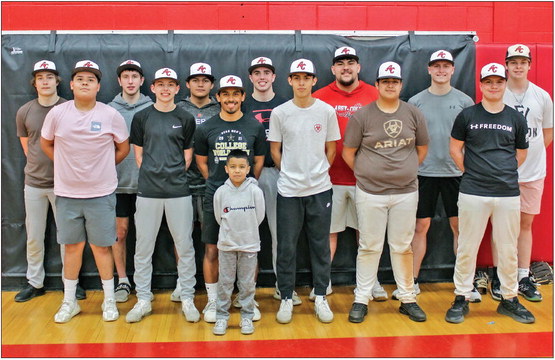Squirrels the real problem in grouse decline


Decoy’s E
ye
There has never been a documented case of a turkey eating a grouse chick or eggs, but many times, and in many places, turkeys get the blame for the “decline” in ruffed grouse numbers due to predation on chicks. Documenting predation like this wouldn’t be the easiest thing to do, but with all the game cameras in the woods, I would venture to say we should have seen trail cam video of predation like this by now.
Turkeys and grouse don’t spend a lot of time in the same places during the breeding season. Toms roam where they want to, but grouse and turkey hens nest and feed in different areas; hen turkeys don’t stray very far from their nest once they start laying eggs. Once the eggs hatch, they brood their chicks in different cover types for a couple of months.
Grouse chicks can fly at five days after hatching, and according to the North American Grouse Partnership website, up to a quarter mile. That means that after five days, a turkey catching a grouse chick would be more difficult to find than a politician not telling a lie.
Grouse chicks are larger than the largest piece of food a turkey can put in its mouth and swallow, which is about the size of a large acorn. Turkey’s beaks are not designed to rip prey apart like those of raptors and scavengers, so ripping a grouse chick apart would be hard for a turkey. Has a turkey even eaten a grouse egg? I’m guessing it’s happened at some time. I’ve seen a video of a deer eating songbird chicks out of a low nest, but I’ve never seen a video of a turkey doing that. And I’m pretty sure deer don’t eat a lot of songbird chicks. A social media post came out during our grouse camp last fall that cited some research done by a grad student at the University of Alaska Fairbanks years ago. It showed that the most prolific predators of ruffed grouse nest were ravens and red squirrels. Several responses talked about eyewitness accounts of people seeing crows predating the nest of robins and such. The information might have resulted in the demise of a red squirrel or two during grouse camp. Who’s to say?
The summer prior I saw robins aggressively chasing red squirrels that moved through the yard, while the robins were nesting. Once a robin sounded the alarm and started “dive bombing” the squirrels, the blue jays joined in. The squirrels made a hasty retreat through trees. The birds continued to attack the squirrels until it retreated a good distance from their nest.
I started sleuthing and found research that documented squirrel predation from 1923. Several other research papers documented the same finding from 1983, 1988, 1993, and 1998. All concluded that red squirrels eat bird eggs from nest.
The October post had people blaming all of the other culprits that we love to blame. Fishers, pine marten, skunks, raccoon, hawks, and owls, but the research from that grad student clearly showed squirrels and ravens kill the most non-mature grouse.
I would like to see some research from here in the Midwest on grouse and woodcock nest predation. Why not throw in turkey nest too. It might even shed some light into nesting success rates. The methodology of the Alaskan study could be used in combination with trail cameras. Watching those videos would be far more fun than reading the proposed Wolf Management Plan. Research like this would provide a greater glimpse into the lives of those brown birds that everything likes to eat. It would also showcase the difference between poor and high quality habitat. That would be a win for the birds and critters that live in those habitats and us humans that recreate in places like that. Did I mention that the video clips would be pretty cool, too?
In the meantime, after a red squirrel chewed its way through an exterior wall into the attic of our house last summer, Santa made an early delivery of an adult air rifle for Christmas. But after one or two of the little vermin got popped, their brothers and sisters became quite sensitive to the slightest sound of a window or door opening. Cute and quick as they may be, a shotgun will stop them in their tracks. One has been dusted off and is ready to contribute to improving nesting success rates for songbirds and gamebirds. It’s a long winter.
Through a




